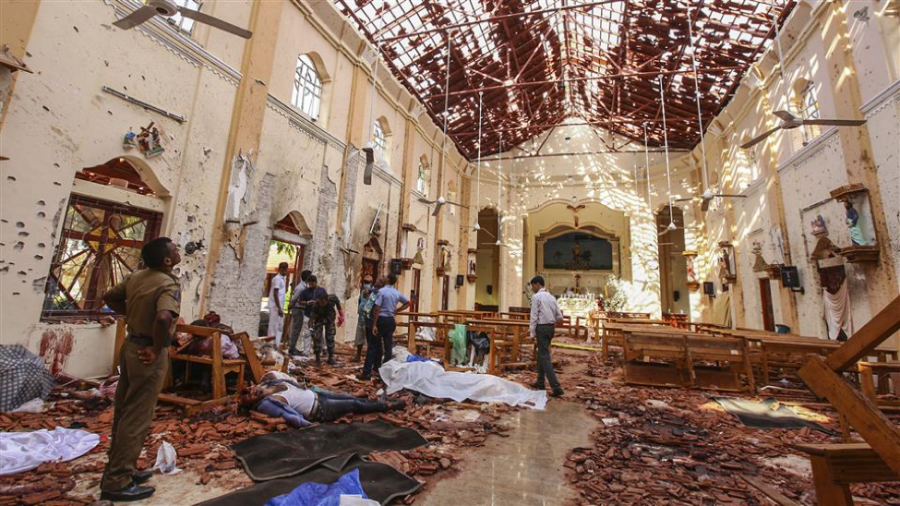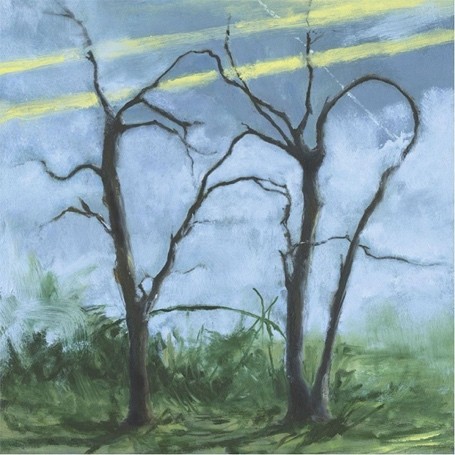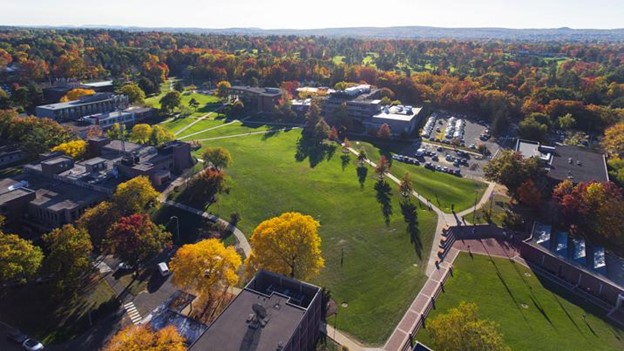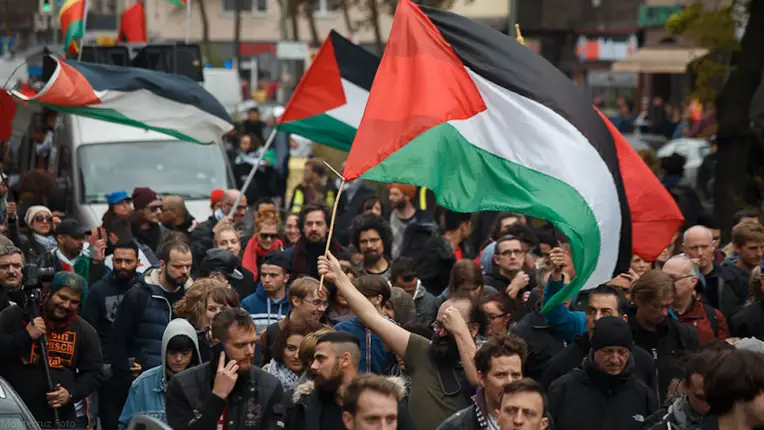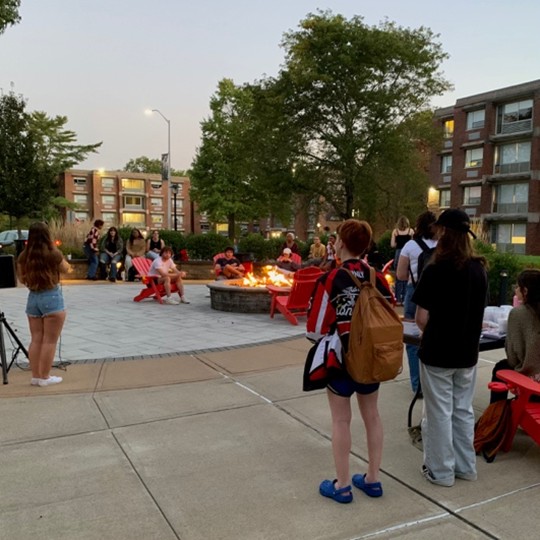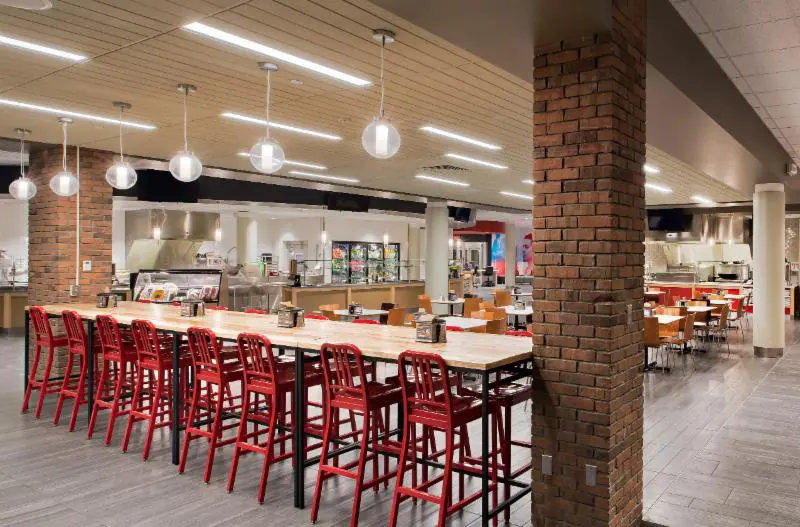Terrorist Bombings Devastate Sri Lanka
April 24, 2019
Terrorist attacks in Sri Lanka on Easter Sunday have left at least 207 people dead and hundreds more injured. On the morning of Easter Sunday, April 21, 2019, eight nearly simultaneous explosions tore through churches celebrating the Christian Holiday in three separate cities. Among the targeted churches included St. Anthony’s Shrine in Colombo, St. Sebastian’s Church north of Negombo, and Zion Church in Batticaloa. These locations are all far from each other, signifying planned and coordinated attacks. Several high-end hotels were targeted as well. Sri Lanka has a minority Christian community in a mainly Buddhist culture. More than 80 percent of these Christians identify as Roman Catholic. It seems that this Christian minority as well as tourists were the ones targeted in the attack. Among the killed included foreigners from the United States, Turkey, China, and the Netherlands. The Islamic Extremist Group ISIS has recently claimed responsibility for the attacks. On Tuesday, a video released by the group shows the leader of the attacks swearing allegiance to ISIS. The group also released a formal notice claiming responsibility for the attacks and naming the locations that were targeted. ISIS has recently lost all its territory across Iraq and Syria, but these attacks show that the group is still an active threat. A captured ISIS member in India gave Indian officials information about an attack in the weeks leading up to the actual bombings. India passed these warnings along to Sri Lankan officials. Many are criticizing the Sri Lankan government for not heeding the warnings of the Indian intelligence services. Immediately after the bombings, the Sri Lankan government blocked access to Facebook, WhatsApp, and other social networking sites in order to stop misinformation from “inciting further violence”, according to the Washington Post. Representatives from Facebook said that they are working to support first responders and law enforcement. This act drew criticism because people couldn’t use the sites to communicate with family members and tell them that they were safe. Research has shown that there is no “substantive” evidence to show that social media mans are effective in their ability to “scale down violence”, according to the International Federation of Journalists. In addition, the Sri Lankan government imposed a Mandatory curfew from Sunday at 6 p.m. local time until the next morning. The government made 13 arrests in total on Sunday. The investigation is still ongoing and more arrests are expected.
